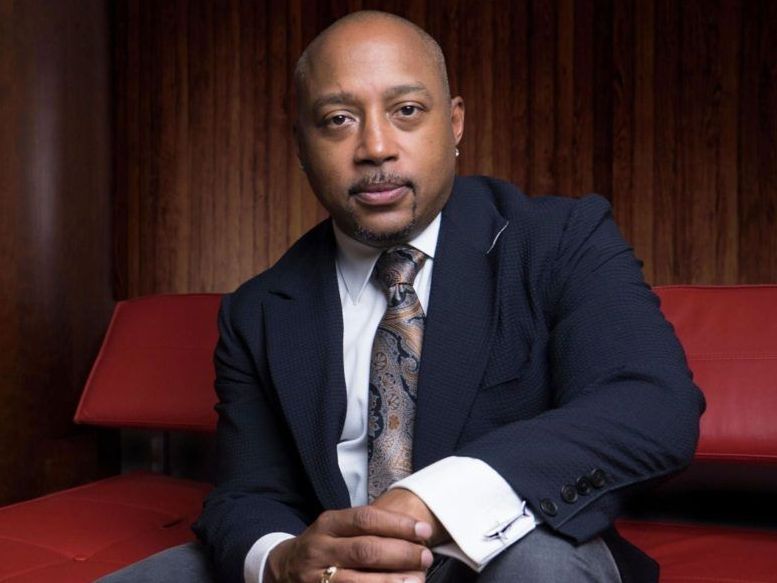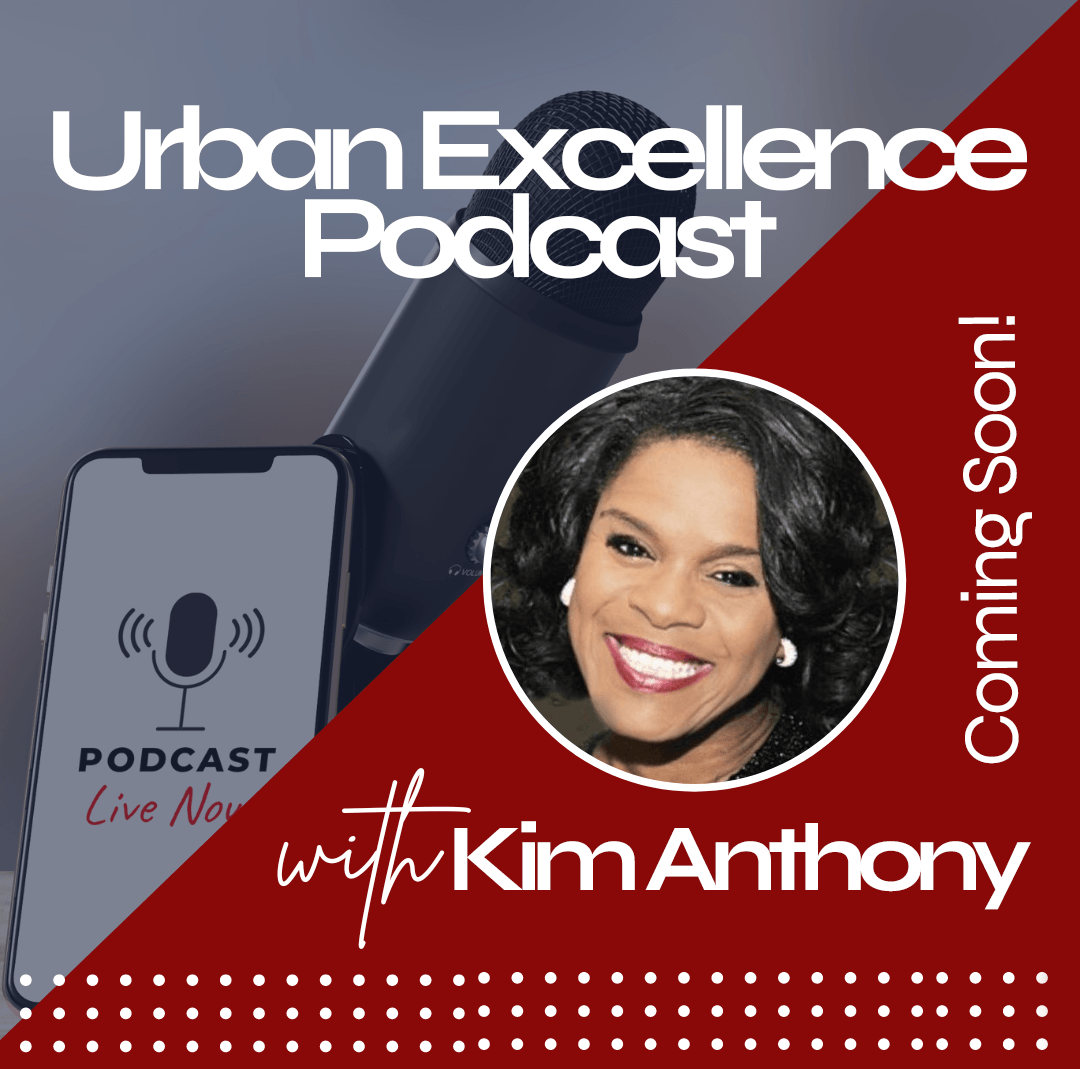Experts’ Tips for How Black Women Can Advocate for their Own Health
By Terri Huggins
When it comes to taking care of their health, Black women in the United States have a lot working against them, according to research. They are three times as likely to die of a pregnancy-related cause as White women. They have the highest rate of obesity in comparison to other groups, and they experience higher rates of discrimination, which is a stressor related to poor physical and mental health.
What’s more, many Black women face barriers in the medical system. According to the Kaiser Family Foundation, people of color are more likely to be uninsured than their White counterparts. When they receive care, they are more likely to be dismissed and mistreated, and less likely to be referred to specialty care when necessary, studies have found. Black women are more likely to die during childbirth. These six leaders are trying to change that.
While more health-care facilities have been implementing implicit bias and racial education training, it will take a lot to overhaul the entire system, experts say. That’s why, for many Black women, it’s important to know how to advocate for their own health.
Having more awareness about racial disparities and medical-related inequities can be important for Black women to effectively do so, experts say. At the same time, the bombardment of news stories regarding the health complications they face can be an additional source of stress and even trauma.
In some cases, the long legacy of poor treatment or biased medical systems may dissuade Black women from seeking medical attention altogether — creating even greater risk.
It may take more effort and advocacy on the part of Black women, but it is possible to receive good medical care, said LaTasha Seliby Perkins, a family physician in Washington, D.C.
Here’s what she and other medical experts say Black women can do to take back some power in the doctor’s office.
Learn the basics
Learn what’s necessary at different stages of your life — including which tests and procedures you should ask about as you age. For example, it’s important to know when you should have a Pap smear done, when to check your cholesterol levels and how often you should get blood work done.
An expert guide to women’s health screenings at every age.
The National Library of Medicine has guidelines for screenings, as do other evidence-based resources, including Harvard Medical School. Having a base level of knowledge can allow you to ask about a specific test or diagnosis you read about, said Nichole Butler, an OB/GYN at
Weiss Memorial Hospital’s Women’s Health Center in Chicago.
You should also leave appointments knowing how to take action or what to expect next, added Butler. If the advice seems vague or too complicated, you can specifically say something like, “Can I schedule a follow-up appointment in X amount of time?” or, “Should I monitor my symptoms for a month and come back in a month to discuss what I found?”
Know your normal
You can’t be an advocate for yourself if you don’t have knowledge. Sometimes that means simply knowing yourself and your body, said Butler. That includes knowing what your breast tissue usually feels like, the normal color of your urine, how often you have bowel movements and when you tend to get headaches, she said. Noting any changes for your doctor can be crucial to staying on top of your health.
This also means knowing your basic numbers and how you feel on a day-to-day basis, Perkins added. Knowing your usual weight, blood pressure, heart rate and whether you are prediabetic is a good start to being able to address when your normal measurements deviate. Perkins also recommends paying attention to your allergies, what causes strong reactions and which medications you are sensitive to so you can answer confidently when a doctor asks.
Learning your family history can offer guidance as well. “You should know if someone had a heart attack before age 55. You should know if diabetes runs on your dad’s side,” said Perkins. Having this information can help guide steps you should take to maintain or improve your own health, she said.
Don’t ignore pain
Knowing what is normal for you can translate into the ability to recognize your pain — something that can be especially difficult for Black women, as Black Americans are routinely under-treated for pain. And advocating for your health means mentioning the things that are bothersome to you even if it’s been an existing problem for a while, experts say.
Many Black women deal with physical pain on a daily basis, said Perkins. “When you walk around in pain for so long, it starts to feel normal, but living in constant pain is not normal,” she said. “Even if you’ve had bad cramps since you were 15, tell your doctor about what it’s been like for you so you can see what can be done about it.”
It’s important to be aware of research that has found doctors are less likely to take Black women seriously when pain is brought to their attention, she added. One study conducted by Johns Hopkins University this year found that doctors are more likely to use words suggesting disbelief and judgment in notes — such as “claims” or “insists” — for Black patients than they do in notes for White patients.
That disbelief and implicit bias can translate into failure to offer proper treatment: One 2016 study found that racial bias in pain perception is associated with racial bias in pain treatment recommendations.
In recent years, more Black women have been speaking out about the importance of recognizing and naming pain. Actress Tia Mowry said her pain was dismissed for years until she finally received an endometriosis diagnosis from a Black gynecologist.
Carefully tracking your symptoms and knowing exactly how and when you notice changes can be helpful in receiving necessary treatment. “Saying ‘I don’t feel good’ isn’t enough,” said Butler. “You need to be able to provide some information about what’s not feeling good so you can be taken seriously. The more specific, the better.”
Find a good primary care doctor
Key to advocating for your health is having a primary care doctor you trust. While it’s good to go to the gynecologist for your routine checkup, it doesn’t replace the need for a primary care doctor, Perkins said.
The key is to find a primary care doctor whom you feel comfortable with — who will discuss your health with you as opposed to only telling you what to do. It could mean finding a doctor who also identifies as Black, said Butler. “I’m not saying doctors of other races and backgrounds aren’t competent,” she said. “But as a Black woman, there’s a certain comfort level that comes with a Black doctor.”
When only 5.4 percent of doctors identify as Black, according to a 2018 survey, they may not be easy to find.
But you can ask friends for recommendations, as well as search websites such as the
Association of Black Women Physicians, White Coats for Black Lives and apps like Health in Her Hue.
In addition, you can ask doctors if they have taken any implicit bias training courses and how they feel about race and medicine to determine if they are culturally competent, said Perkins.
“People always talk about wanting to get the same treatment of care as someone else. No, you don’t want to get the same care,” said Butler. “A Black woman may need completely different care than a White woman, or a Hispanic woman, because of whatever we may be predisposed to, et cetera. You want to get the care that you need.”
This article originally appeared on
TheLily.com.







